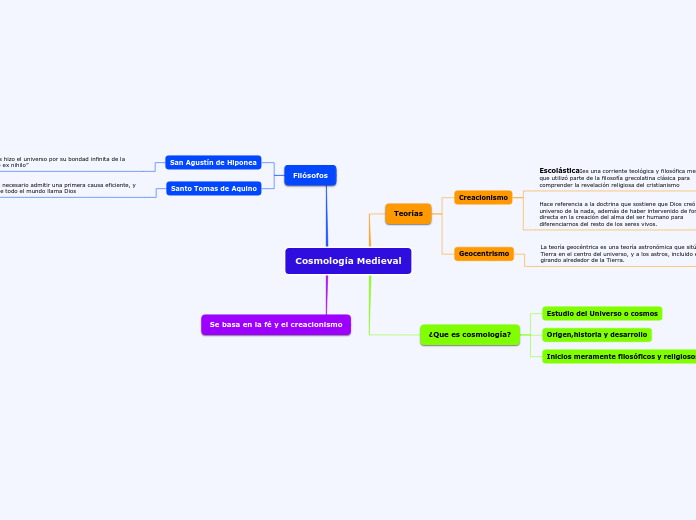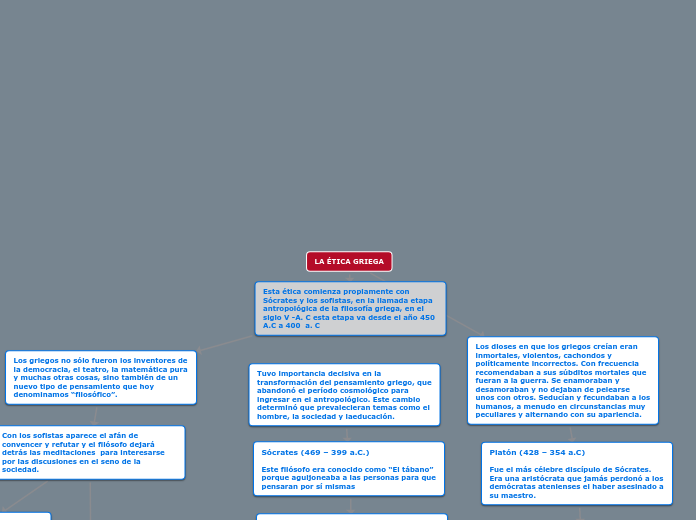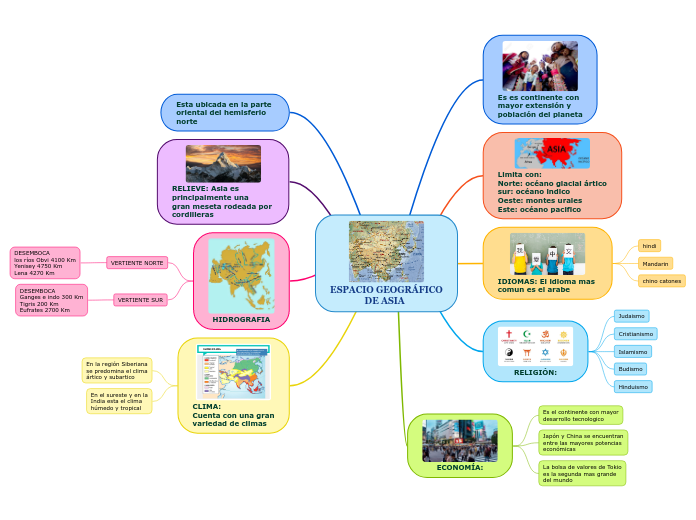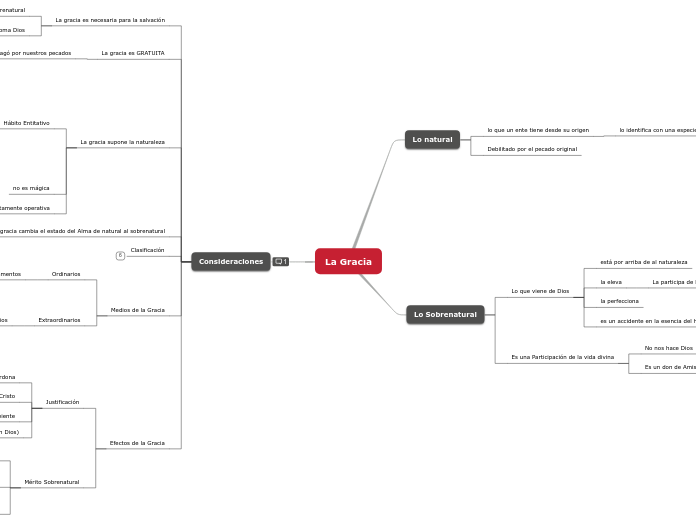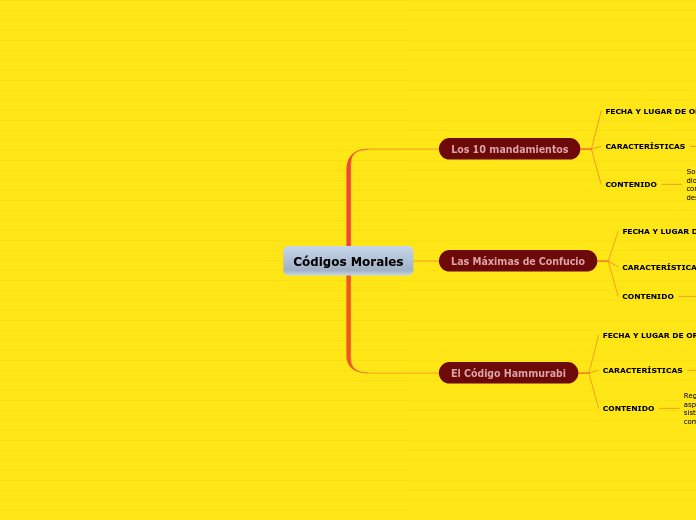Cosmología Medieval
In linguistics, syntax is the set of rules, principles, and processes that govern the structure of sentences in a given language, usually including word order.
Se basa en la fé y el creacionismo
A compound sentence is a sentence that has at least two independent clauses joined by a comma, semicolon or conjunction. An independent clause is a clause that has a subject and verb and forms a complete thought.
Filósofos
A complex sentence is a sentence that contains an independent clause and one or more dependent clauses.
An independent clause can stand alone as a sentence, but a dependent clause even though it has a subject and a verb cannot stand alone.
Santo Tomas de Aquino
A predicative clause may be introduced by conjunctions - that, whether, whether... or, as, as if, as though, because, lest, the way - or connectives.
The latter may be conjunctive pronouns - who, whoever, what, whatever, which - or conjunctive adverbs - where, wherever, when, whenever, how, why.
Decía que es necesario admitir una primera causa eficiente, y ésta es la que todo el mundo llama Dios
San Agustín de Hiponea
The object clause is a phrase on which a verb performs an action. It falls at the end of a sentence, and is governed by a verb or a preposition.
Dice que Dios hizo el universo por su bondad infinita de la nada “creatio ex nihilo”
¿Que es cosmología?
Inicios meramente filosóficos y religiosos
See the example below and try to create your own simple sentences.
Tim is driving the red car.
Origen,historia y desarrollo
See the example below and try to create your own simple sentences.
Tim is driving the car with his mother.
Estudio del Universo o cosmos
See the example below and try to create your own simple sentences.
Tim is the driver.
Teorías
Geocentrismo
The predicate of a sentence is the part that modifies the subject in some way. Because the subject is the person, place, or thing that a sentence is about, the predicate must contain a verb explaining what the subject does and can also include a modifier.
La teoría geocéntrica es una teoría astronómica que sitúa a la Tierra en el centro del universo, y a los astros, incluido el Sol, girando alrededor de la Tierra.
Creacionismo
The subject of a sentence is the person, place, thing, or idea that is doing or being something. You can find the subject of a sentence if you can find the verb.
Ask the question, 'Who or what 'verbs' or 'verbed'?' and the answer to that question is the subject.
Hace referencia a la doctrina que sostiene que Dios creó el universo de la nada, además de haber intervenido de forma directa en la creación del alma del ser humano para diferenciarnos del resto de los seres vivos.
Escolástica:es una corriente teológica y filosófica medieval que utilizó parte de la filosofía grecolatina clásica para comprender la revelación religiosa del cristianismo
